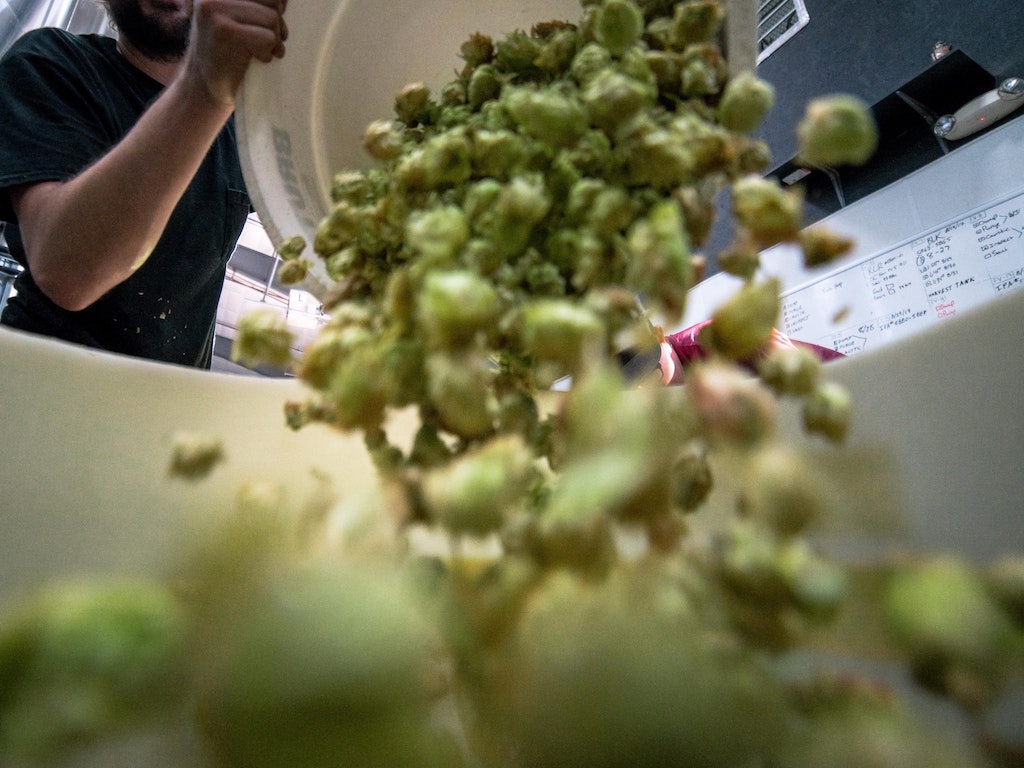3 Mins Read
Asia is embroiled in a food waste crisis. While food waste is a global problem, it is particularly prevalent here, with the region accounting for more than half of the world’s disposed food. While household food waste is part and parcel of the problem, businesses are also responsible for disposed edible food throughout the supply chain. Regional companies are therefore finding an appetite for new innovations to curb the phenomenon and ramping up existing efforts to reduce food wastage in Asia.
In the midst of our global food system crisis, Asia produces over 50% of global food waste, with the main culprits being industrialised urban areas in the region. Just three countries in Asia combine to make up over a quarter of the world’s wasted food – namely China, Japan and South Korea being responsible for 28% of disposed food. The amount of food wasted in China alone could feed 100 million people, according to figures by Food Navigator. Meanwhile, South and Southeast Asia together generate 25% of the planet’s food waste.
Not only does massive amounts of edible food go to waste in landfills while many in the world face food insecurity and battle everyday hunger, much of the food wasted gets incinerated, which adds fuel to our climate crisis. According to the NEA in Singapore, disposed food is the second largest waste stream for incineration in the city. Burning waste not only supports a linear economy that requires the continual use of energy and resource waste, but also in the process releases huge amounts of greenhouse gases that drive global warming. According to the Energy Justice Network, incineration generates 2.5 times as much carbon dioxide to make the same amount of electricity as a coal power plant. In addition, these figures do not yet factor in the emissions produced during transportation of waste to incinerator sites.
These astonishing facts about the global food waste problem – which Asia is at the centre of – have led some companies to take action by redirecting unsold surplus stock. Tesco Malaysia, for instance, has recently published its food waste data, marking a first for retailers in the country, revealing that it had donated 610 tonnes of unsold edible food over the past year. The donation initiative to curb food wastage began in 2016, when the grocery chain collaborated with Food Aid Foundation and Kechara Soup Kitchen to give away unsold fruits, veggies and bakery surplus.
Some firms in Japan are exploring the use of technology and weather data to reduce food waste produced at source. For example, tofu company Sagamiya Foods have used weather data to try and predict sales, which are affected by temperature forecasts, in order to make only as much as there is demand. This will not only reduce surplus food being produced and waste at the top of the supply chain, but will also save businesses money. For Sagamiya Foods, the company expects that this new approach will save them 10 million yen in annual costs.
Another company, a Singaporean startup called Good For Food, aims to help other food service businesses to track the type of food waste in order to better manage food inventory through their “smart dustbin” called Insight. The device can be attached to existing bins in kitchens, and can capture the weight and type of food thrown away. This data can then provide the necessary information that managers need to target what they can purchase less of to curb waste. According to the company, early tests have demonstrated that within the first 4 – 5 months of using the bin, cafés and restaurants reduced food waste by almost one third.
Lead image courtesy of Unsplash.




